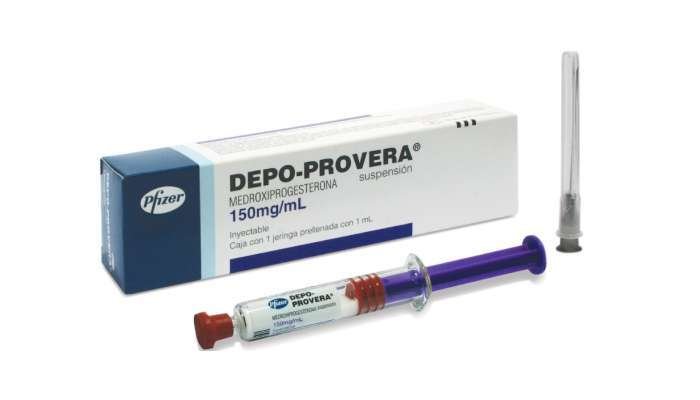
Depo-Provera, an injectable birth control containing medroxyprogesterone acetate, has been linked to a higher risk of developing meningiomas, a type of brain tumor, particularly with long-term use.
People who used Depo-Provera for at least one year and were later diagnosed with meningioma may be eligible to file lawsuits, even if they switched to a generic form afterward. This highlights the importance of monitoring the effects of long-term hormone use and seeking medical attention for symptoms such as headaches, blurred vision, or seizures.
Ongoing studies are working to better understand the risks associated with Depo-Provera and update safety guidelines for patients. Currently, the litigation related to Depo-Provera is still in its early stages, with no settlements or jury verdicts reported so far.
Key Facts about the Depo-Provera Lawsuit
- Meningioma Risk: Studies show that women who use Depo-Provera for over a year are at higher risk of developing meningiomas. While typically benign, these tumors may require surgery. Lawsuits claim Pfizer failed to update labels with proper warnings, leaving patients unaware of this danger.
- Bone Density Loss: Long-term use has been linked to bone mineral density loss, increasing the risk of osteoporosis. Plaintiffs allege that Pfizer downplayed this risk and failed to properly inform users.
- Failure to Warn: A central claim is that Pfizer did not provide sufficient warnings about Depo-Provera’s risks, despite available evidence. This failure to warn is a key point in many lawsuits.
- Recent Legal Developments: In 2024, new lawsuits were filed by firms such as Weitz & Luxenberg, representing women diagnosed with meningiomas after using Depo-Provera.
The criteria
To join the Depo-Provera lawsuit, potential claimants typically need to meet the following criteria:
- Use of Depo-Provera: Must have used the brand-name version for at least one year.
- Meningioma Diagnosis: Must have been diagnosed with meningioma after at least one year of use.
- Duration of Use: Must have used Depo-Provera between 1992 and the present, including any switch to generic versions.
- Medical Documentation: Must provide medical records showing both the use of Depo-Provera and the meningioma diagnosis.
Seek guidance
If you suspect you may have a case concerning Depo-Provera, it’s important to seek guidance from qualified lawyers specializing in pharmaceutical claims. Here are the steps to follow:
- Keep Records: Create a comprehensive log of your Depo-Provera usage, including specific dates and pertinent medical details, as this will be vital for your case.
- Reach Out to Legal Professionals: Connect with law firms that have a strong history of handling similar cases. Many of them provide complimentary case assessments to evaluate the strength of your claim.
- Prepare for the Journey: Be ready to compile your medical documents and, if needed, obtain expert testimony linking your health condition to the use of Depo-Provera.
